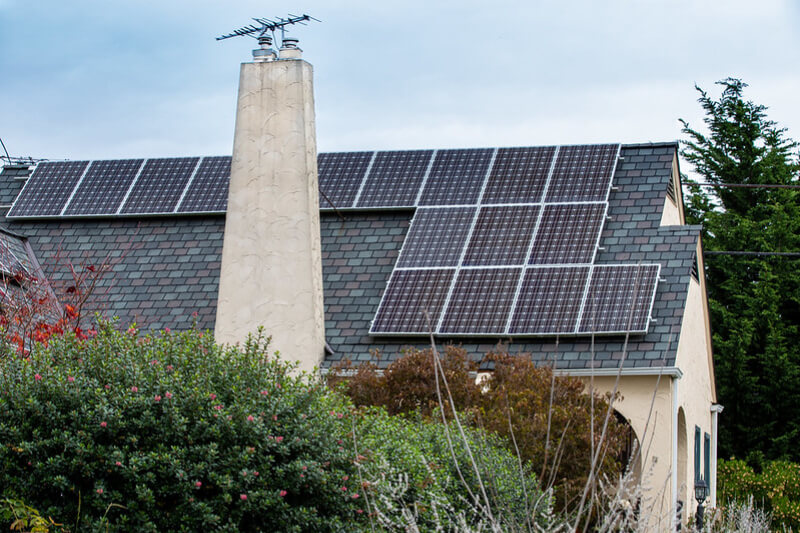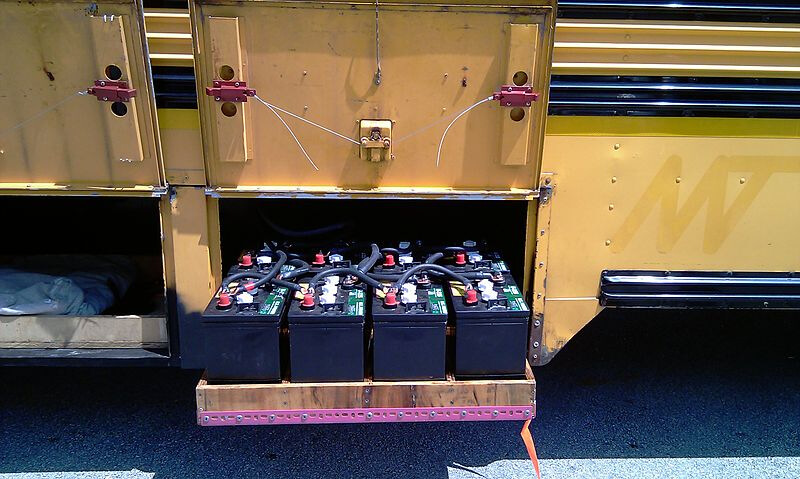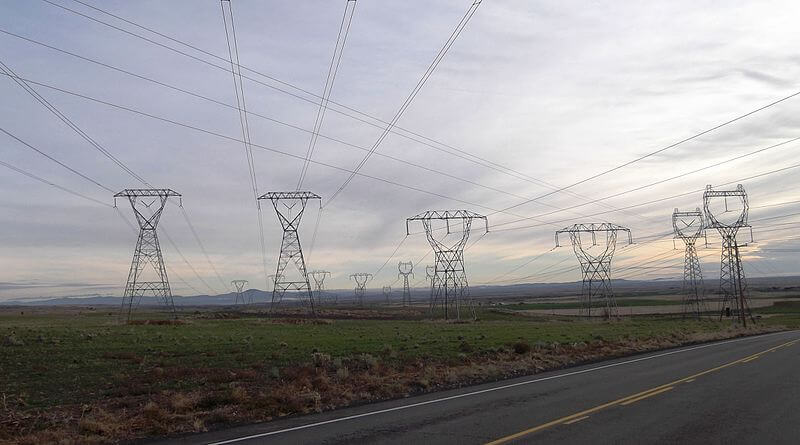Recently, people have been switching to solar panels to power their homes. Unfortunately, not every house can apply these solar panels. Your house needs to fit several criteria to accommodate these panels on your rooftop and effectively derive power from the sun’s rays. Well, here are some important criteria your house needs to meet so that you can consider fitting these solar panels at the top.
1. Do you own the house?
If you were to install solar panels, install them in your own house. In most cases, the initial setup cost incurred due to the solar panels is justified by the savings you get each month when compared to the normal electricity bills. If you install solar panels on a rented house, then you won’t be able to enjoy its fruits for a long time.
Another alternative is to ask the owner of the house to be a part of the installation process and pay a certain amount. In this way, you won’t have to burn a hole in your pocket setting the solar panels and still get to enjoy the monthly savings.
2. Are the nearby trees or structures shading your rooftop during the day?
To extract maximum energy from the sun, enough rays must fall on the solar panels. You don’t have to worry if some parts of your rooftop are under the shade sometime during the day. You can still fit the panels in such a way that maximum rays fall on the solar panels. However, it becomes impossible if your house receives shade most of the time.
The sunnier your roof, the better is the energy production. With the right system and the right components, you can easily avoid the little shade problem on your roof, and still, gain the benefits of solar energy.
Once the shade problem is out of your way, it’s time to see how much of the sunlight falls naturally on your sunroof. You can find this out either with the help of Google’s Project Sunroof or book an appointment with an expert. He/she would then inspect the orientation of your house, the roof angle, and the effect of the shade available on the solar energy output.
3. What kind of roofing material do you have?
Another important criterion to fit the solar panels on the rooftop is to check whether your roofing material is durable enough to hold it. Solar panels fit like a dream on durable and strong roofing materials such as concrete tile and standing seam metal. Always go for professional help when finding out the type of roofing you have.
Also, check if your roofing needs to be replaced or repaired any time soon. If your rooftop is due for fixing, repair it as soon as possible before fitting the panels. Once the panels are fitted, it will be quite difficult to change the roofing tiles or do the necessary maintenance.
Age of the roof
Solar panels can be fitted onto your roof for more than 30 years and would require very minimal maintenance. If your housing roof is pretty old, it’s ideal to replace or fix it before you fit the panels on. Further, the older the roof, the weaker it becomes. Since solar panels are huge and heavy, your roof should be capable of holding them in place. Even when affected by rain and wind, both the solar panels and the roof should stay intact.
Space available on the roof
Solar panels are huge and wide. Your roof should have enough space to hold them effectively, without causing overcrowding. In some cases, when the roof is small, the consultant would suggest that you go for partial electrification using solar energy. Most residential buildings require at least ten solar panels to supply all the energy needed for that house. If your roof has more chimneys, windows, and other irregular structures, it becomes quite difficult to place the solar panels effectively.
The tilt of the roofing
It’s easier to install solar panels on a flat roof, but the problem is it requires a lot of space. Even then, flat roofs yield better output when compared to steep roofs. It’s quite difficult to install those panels on steep roofing, and the output would still be below. Thus, as a rule of thumb, a tilt that varies between 30 to 45 degrees is optimal for installing solar panels.
4. What kind of climate prevails in the locality?
Solar energy can be generated in most climatic conditions. If you were to install high-efficiency solar panels, then it can convert both the direct and indirect sun rays into useful energy, and these panels work even on cloudy days. A solar professional will help you determine the amount of energy the panels can generate based on climatic conditions and other factors.
5. If not a roof, is there land available for installing these panels?
If your roofing isn’t compatible of withholding these solar panels, you can consider any flat-lying areas nearby your house. With ground-mounted solar panels, the problem of space constraints doesn’t really matter. You can place the solar panels in the perfect tilt and in a way that it receives maximum sunlight.
However, there are a whole lot of complications and dangers to solar panels compared to roof-mounted ones. You can also fix these panels on your car porches or any other shed owned by you.
6. Does the government offer any incentive for switching to solar energy?
Before you install solar panels, make sure they comply with the policies set by the local body in power. In some places, you can sell the excess energy generated by solar panels and get some incentives from the government. This increases your monthly savings, and you can easily recover the cost of installing these solar panels.
7. The setup cost of these solar panels
If solar panels and the usage of solar energy are quite popular in your area, the chances are that the cost would be more affordable and doesn’t break your back. If it’s quite expensive to install solar panels, then you might have to reconsider it as it takes a lot to recover your initial investment.
The cost of setting up the solar panels usually depends on the availability of the suitably sized solar panels, labor costs, and the difficulty level of fixing it up on your roof.
Wrapping up…
Solar energy is one of the cleanest forms of energy that can be easily harnessed and used without requiring much-converting equipment. It’s quite popular in households and helps you save a lot per month. With that said, installing solar panels in the wrong areas will only incur more loss than savings. Thus, it’s safe to go to a solar consultant and get your house checked professionally to decide if it’s suitable for accommodating those solar panels. If you get the green signal, you can go forward with the installation process. If it’s otherwise, then you can consider alternatives, such as fixing the panels in the open area or on raised structures nearby.
- 300 Watt Solar Panel Prices in India: 2023 - March 8, 2023
- 500 Watt Solar Panel Prices in India: 2023 - March 5, 2023
- Loom Solar Panel Price: 2023 - February 19, 2023



